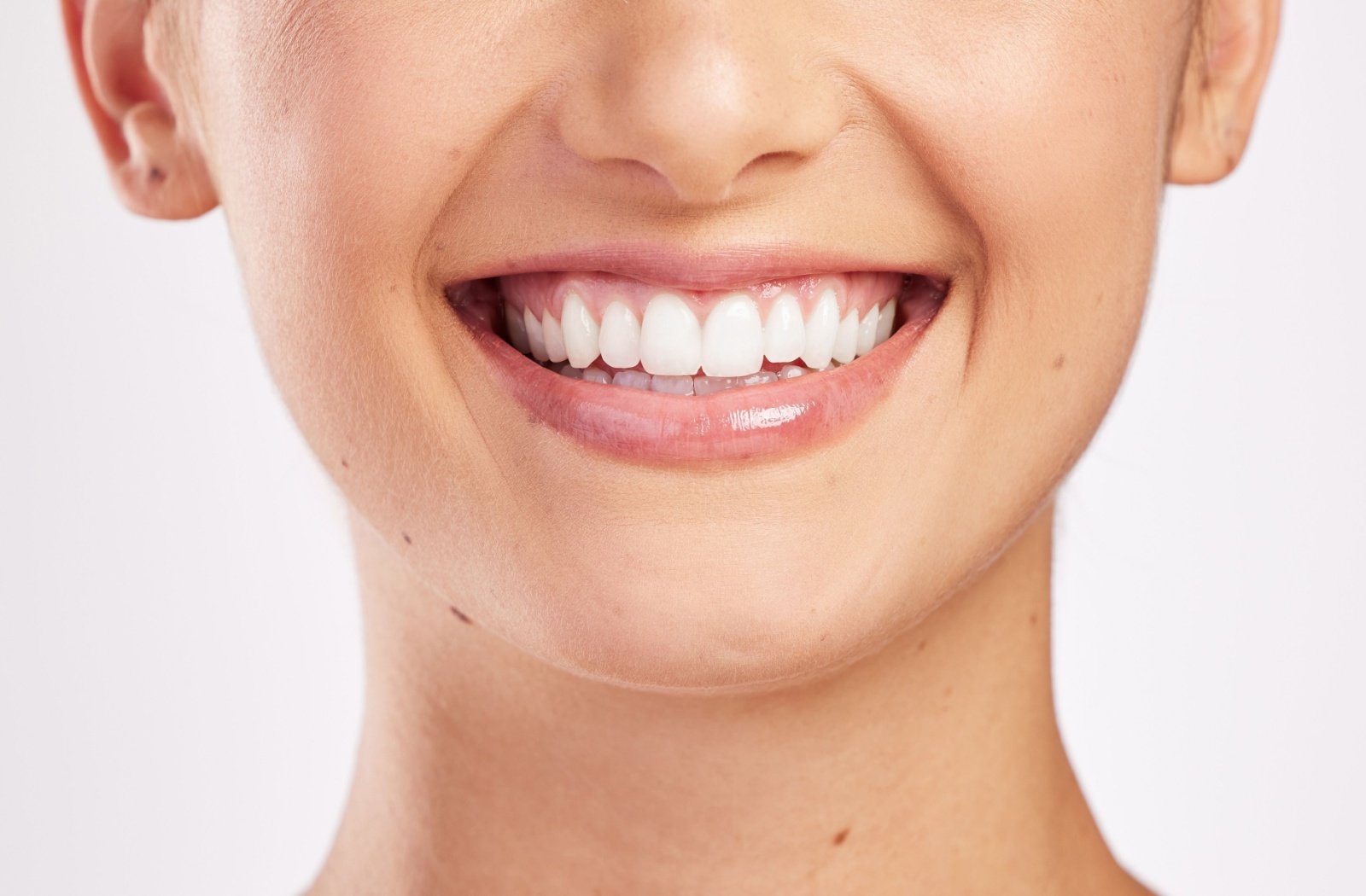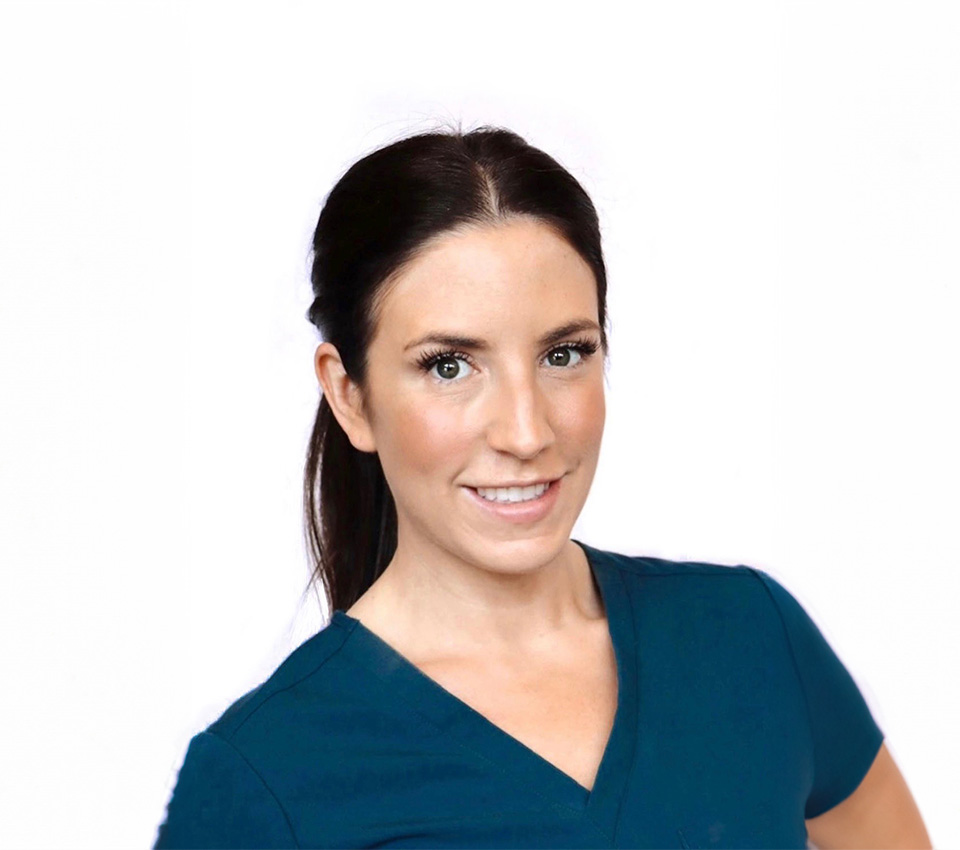Visiting the dentist every six months for a routine dental cleaning may not top your list of fun activities, but it’s one of the most important steps in maintaining a healthy smile. Regular dental cleanings are essential for preventing cavities, gum disease, and other oral health issues. They also allow your dentist to spot problems early, often before they become serious.
But one common question we get at The Ivory Dental Co. is: How long will a teeth cleaning take? Typically, a routine cleaning takes anywhere from 30 to 60 minutes, depending on your oral health needs and whether additional treatments are necessary. Let’s break it down so you know what to expect.
What Happens During a Routine Dental Cleaning?
A standard dental cleaning includes several steps, each designed to ensure your teeth and gums stay healthy.
1. X-Rays
While not part of every appointment, dental X-rays are typically taken once a year. These X-rays help identify underlying issues that can’t be seen with the naked eye, such as:
- Impacted teeth
- Bone loss
- Problems beneath the gums
For children, X-rays can show the development of their adult teeth and help detect any early issues.
2. Visual Examination
The cleaning process begins with a visual examination. Your hygienist will use a small mirror to check for visible signs of problems like cavities, gum disease, oral infections, and to complete an oral cancer screening.. They may also use a periodontal probe to measure the depth of your gum pockets and assess any signs of gingivitis or periodontal disease.
3. AirFlow Polishing
At The Ivory Dental Co., your cleaning will start with the latest Guided BioFilm Therapy and AirFlow polishing cleaning technology. Guided BioFilm Therapy utilizes a special dye that colors the plaque and bacteria on your teeth so that it can be visualized for cleaning, taking out any guesswork of whether the bacteria has been fully removed. Next, AirFlow cleaning technology, which combines air, water, and fine powder is used to gently remove the plaque and tartar, ensuring a thorough yet comfortable cleaning experience. This technology is especially beneficial for those with sensitive gums or who need extra attention in certain areas. It leaves your teeth with a smooth, glossy feel.
4. Removing Plaque & Tartar
One of the most crucial steps in a dental cleaning is the removal of plaque and tartar. Plaque is a sticky, soft film of bacteria that forms on teeth, while tartar (also known as calculus) is hardened plaque.
Once tartar forms, only a dental professional can remove it. After your AirFlow polishing, your hygienist will use a special tool called a scaler or an ultrasonic device to clean the surface of your teeth, especially in hard-to-reach areas. Using AirFlow first allows your hygienist to fine-tune with hand instruments, which usually leads to less scraping than your traditional cleaning. If your gums are a bit inflamed or you have gingivitis, you may notice some light bleeding, but this is normal and should subside with consistent brushing and flossing.
5. Flossing
Even if you floss regularly at home, your hygienist will floss your teeth during the cleaning. This step ensures that any remaining plaque or particles are removed, and it gives your hygienist a chance to check for any problem areas between your teeth.
6. Fluoride Treatment
To finish up, your hygienist may apply a fluoride treatment to help strengthen your tooth enamel and protect your teeth against cavities. This is often the final step in your cleaning. It leaves your teeth protected and ready to take on the next six months of eating, drinking, and brushing.
What Happens After Your Cleaning: The Dentist’s Role
After your hygienist completes the cleaning, your dentist will typically step in for a final exam. This is an opportunity to catch any issues early and ensure that your teeth and gums are in good condition.
During this examination, your dentist will:
- Check for cavities or tooth damage
- Look for any signs of gum disease, including gingivitis or periodontitis
- Evaluate your bite and overall oral health
- Discuss any treatments you may need, such as fillings, root canals, or orthodontics
Your dentist may also perform an oral cancer screening, which is crucial for identifying abnormal growths or changes in your mouth, tongue, or throat.
What is AirFlow Cleaning Technology?
At The Ivory Dental Co., we are proud to offer AirFlow cleaning technology as part of our comprehensive dental cleaning services. This dental system uses a gentle yet effective combination of air, water, and fine powder to clean and polish your teeth. AirFlow is especially useful for removing plaque and stains, providing a thorough yet comfortable experience.
The best part? AirFlow technology can significantly reduce the time it takes for a cleaning. It’s especially helpful for patients who may have sensitive gums or those who need extra attention on specific areas. By replacing traditional scraping with air-powered cleaning, AirFlow is also less invasive and can be more comfortable for many people.
If you’ve been hesitant about professional cleanings due to sensitivity or discomfort, AirFlow technology might be the perfect solution for you.
How Often Should You Schedule a Dental Cleaning?
While the exact frequency will depend on your oral health, most people should aim for a cleaning every 6 months. If you have certain conditions such as gum disease or excessive plaque buildup, your dentist may recommend more frequent cleanings.
FAQs About Teeth Cleanings
Can teeth cleanings hurt?
Most people find dental cleanings pain-free. However, if you have gum inflammation or significant tartar buildup, you might experience some mild discomfort. Fortunately, using Airflow cleaning technology, we can gently remove plaque and tartar, minimizing any discomfort. If you’re feeling sensitive, let your hygienist know, and they can make adjustments to keep you comfortable.
How can I speed up the cleaning process?
To make your cleaning as quick and efficient as possible, maintain a good oral hygiene routine at home. Brushing and flossing twice a day will help keep tartar buildup to a minimum, making the cleaning process faster.
What happens if I skip my dental cleanings?
Skipping regular dental cleanings can lead to a buildup of plaque and tartar, which can contribute to cavities, gum disease, and bad breath. Over time, this can require more extensive (and expensive) treatments like root canals, deep cleanings, or even tooth extractions.
Schedule Your Dental Cleaning in East Amherst, NY
At The Ivory Dental Co., we believe that dental cleanings are one of the most valuable steps you can take to protect your smile. If you’re due for your routine cleaning, or if you’re due for a checkup, contact us today to schedule your appointment. Maintaining your oral health doesn’t take long, but the benefits do last a lifetime!





